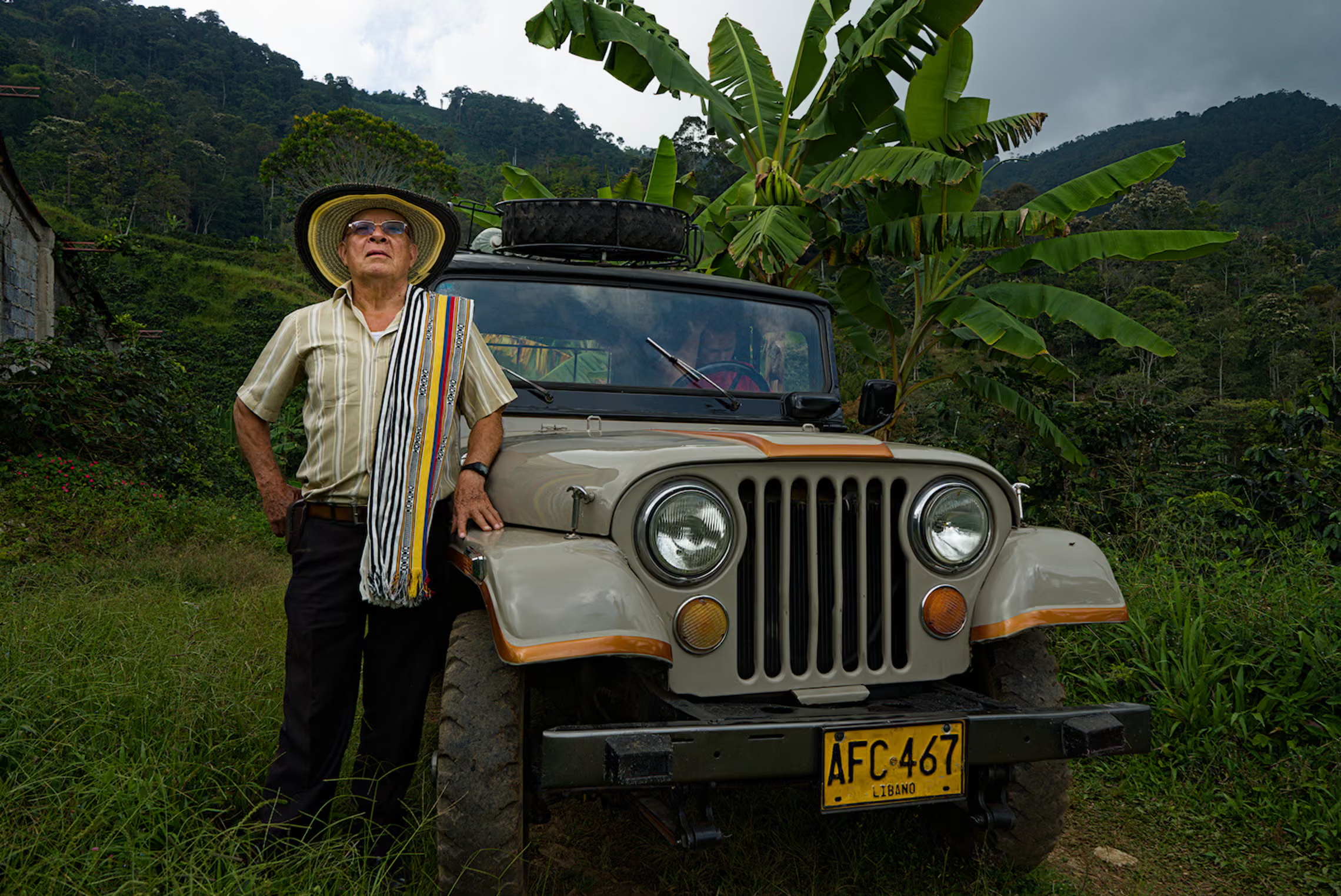The International Coffee Organization (ICO) has announced the release of the much-anticipated fourth edition of “The Coffee Guide.” This extensive resource, first published in 1992 by the International Trade Centre (ITC), remains the world’s most detailed and hands-on source of information on the international coffee trade. It serves as a crucial reference for coffee growers, traders, exporters, transportation companies, certifiers, associations, and authorities.
A Legacy of Coffee Expertise
“The Coffee Guide” has been a trusted resource in the coffee industry for decades. The newly updated fourth edition builds on this strong legacy, reflecting the latest trends and challenges in the coffee sector. The update is the result of a remarkable coordination effort, engaging over 60 members from across the globe in a collaborative process to shape its structure and content. The goal is to provide the industry with relevant and actionable information that aligns with current realities and future trends.
Focus on a Values-Based Supply Chain
A central theme of the fourth edition is the emphasis on a values-based supply chain. The guide addresses critical issues such as climate change, price volatility, and unbalanced supply chain dynamics. It highlights the importance of sustainability and explores concepts like living income, climate solutions based on the ‘Project Drawdown’ logic, and the roles of youth and women in advancing the coffee sector.
Mario Cerruti, Chief Institutional Relations & Sustainability Officer at Lavazza Group, emphasizes the guide’s focus on preserving the dignity of coffee farmers and their families while integrating good practices within coffee systems. Jhannel Tomlinson, Board Secretary at the International Women’s Coffee Alliance in Jamaica, underscores the vital roles of women and youth, advocating for their empowerment and engagement to ensure the sector’s future continuity and success.
Redefining Coffee Quality
The fourth edition introduces new definitions of coffee quality, reflecting an evolving understanding that ties quality closely with sustainability. The guide categorizes coffee quality into three segments: Standard, Premium, and Specialized. This tiered quality segmentation provides the industry with a new data set, enabling a more comprehensive market analysis and better recognition of value.
Ric Rhinehart, former Executive Director of the Specialty Coffee Association, notes that linking quality and price positively requires consumers to identify important quality attributes. These attributes include flavor, aroma, sustainable provenance, equitable reward systems, and the absence of unethical practices.
Embracing Digitalization
Digitalization is a significant theme in the new edition, highlighting its transformative potential across the coffee supply chain. The guide explores how digital tools enhance productivity, quality control, consistency, and efficiency. This digital shift is expected to democratize information, bringing more transparency and balance to the industry.
Jennifer “Vern” Long, CEO of World Coffee Research, explains that digitalization enables the flow of information, which could dramatically shift how value is distributed through supply chains. However, she cautions that digitalization should not replace the necessary systems and institutions that support farmers.
Impact of COVID-19
The global COVID-19 pandemic has had a profound impact on the coffee sector, disrupting international trade and altering consumption patterns. The guide provides an in-depth analysis of these changes and discusses how the sector is adapting. The pandemic has accelerated the shift towards at-home consumption and e-commerce, while significantly reducing on-trade business.
Vanusia Nogueira, Executive Director of the Brazil Specialty Coffee Association, notes that although the production chain was only slightly affected by the pandemic, it has driven significant changes in consumption patterns. Coffee producers are increasingly investing in research, sustainable production, and post-harvest technologies to enhance productivity and quality.
Joao Mattos, Supply Chain and Commercial Manager for Coffee at CLAC, highlights how the pandemic has prompted the coffee sector to rethink its traditional ways of doing business. It has created both challenges and opportunities for small producers, who are now tapping into previously inaccessible markets through online platforms.
A Collaborative Update Process
The fourth edition of “The Coffee Guide” is the result of a highly participatory and collaborative process. The update involves a wide range of contributors from around the world, including producer organizations, major coffee roasters and brands, policymakers, and coffee organizations. This inclusive approach ensures that the guide addresses the needs of all supply chain actors.
The advisory panel for the guide includes representatives from various sectors:
- Producer groups
- Traders, roasters, and coffee brands
- Coffee associations and institutions
- Certification bodies
- Finance and investment groups
- International organizations and NGOs
- Academia and research
- Expert support services across the supply chain
The panel’s geographical representation ensures that diverse perspectives are considered, making the guide a truly global resource.
Conclusion
The fourth edition of “The Coffee Guide” is poised to be an invaluable resource for the coffee industry, providing up-to-date information and addressing contemporary issues with a forward-looking perspective. This comprehensive guide reflects the collective effort of various stakeholders to ensure the coffee sector continues to thrive sustainably.
For more information, visit the International Trade Centre’s website or contact Sarah Charles at [email protected].

